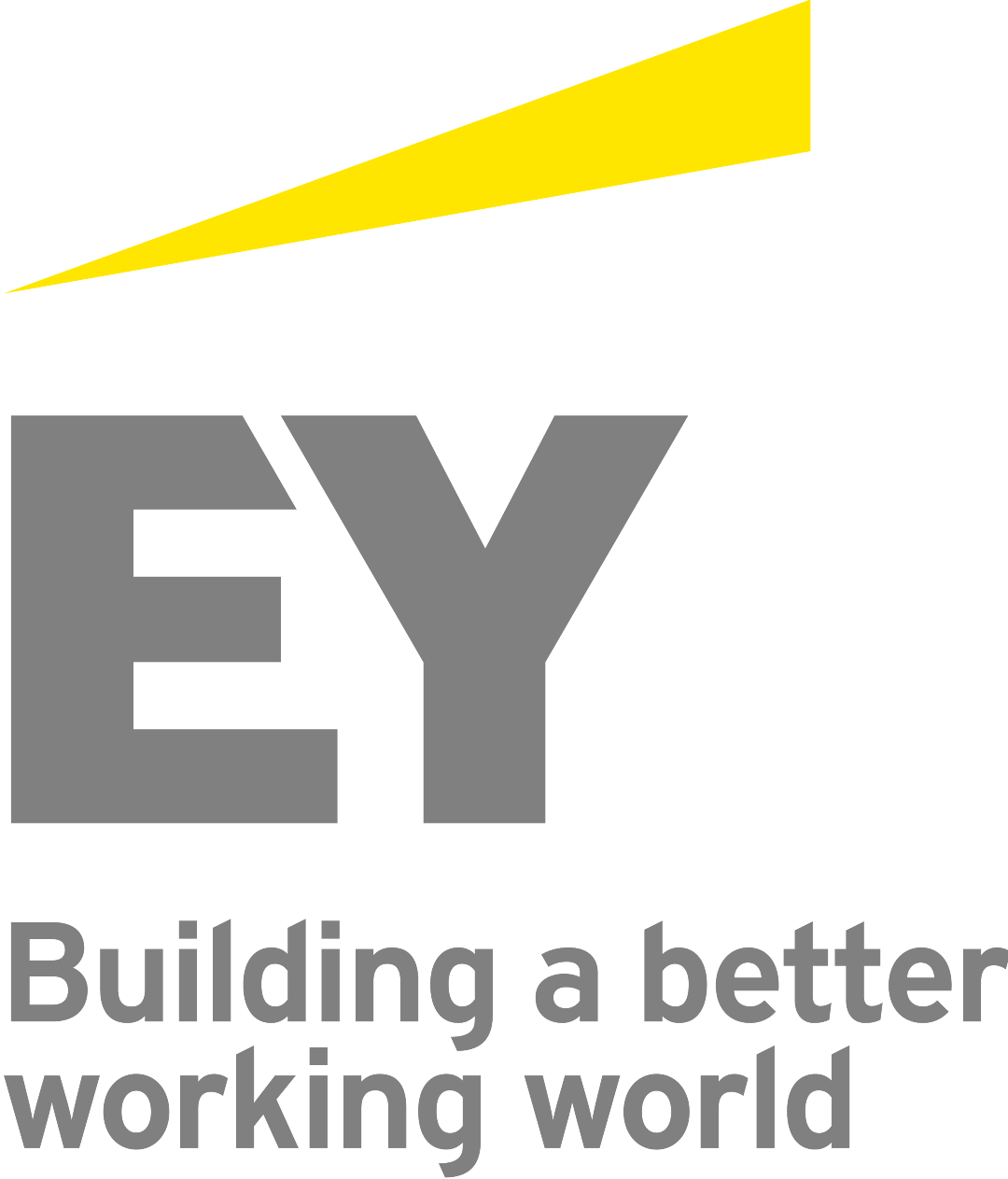56% of Canadian companies plan to divest within two years
TORONTO, Feb. 11, 2016 /CNW/ - Divestments are top of mind in corporate strategies as companies look to extract maximum value from strategic sales, according to EY's 2016 Corporate Divestment Study, an annual survey of corporate and private equity executives. This is even more top of mind for Canadian companies than their global peers" as 56% of Canadian companies are planning to divest within the next two years, versus 49% globally.
"Divestments can be a strategic way to generate long-term growth," says Doug Jenkinson, Partner in EY's Transaction Advisory Services. "They are increasingly being used to fund new opportunities, to stay ahead of changes in consumer preferences and to drive innovation. In 2016, companies are making astute reallocation of capital and a disciplined review of portfolio assets a priority."
According to Learning from private equity: experts at extracting hidden value, only 3% of companies do not expect to make any divestments in the next two years, and 41% say while they are not actively pursuing a divestment they are open to opportunities.
"One of the new realities for Canadian businesses is the exchange rate environment. The current situation means Canadian companies are "on sale" for foreign buyers, as the US$ will go further in Canada, which may be an advantage for companies looking to redeploy capital into their core businesses. That being said, the financial results post-closing of Canadian operations will not look as strong for a foreign buyer, given the translation from Canadian to US dollars; therefore Canadian companies will need to be thoughtful as to how they tell their story" advises Jenkinson.
Among companies that completed a divestment last year, 37% re-invested the divestment proceeds back into the core business, 24% invested in new products, markets or geographies and 6% made an acquisition.
Canadians have different portfolio review challenges
Globally, 41% of respondents say access to accurate and comprehensive data is a major portfolio review challenge. However, Canadian businesses say their biggest obstacles include making portfolio review a strategic imperative and dedicating specialized resources to the process.
Jenkinson notes: "50% of Canadian companies divested because of an opportunistic approach, but we all know how challenging the sale of an integrated part of your business can be. In order to take advantage of such approaches one needs have a good sense of future prospects for each of your businesses and the challenges associated with separation".
Sector-specific results
Financial services: According to the study, 56% of financial services companies surveyed expect to divest within the next two years, including 43% within the next year. In addition, 51% expect the most likely buyer of their next divestment to be a foreign emerging market financial institution seeking global expansion, compared to 27% last year. Fifty-one percent have not leveraged their required investments in regulatory programs to assist in a divestiture.
Consumer products/retail: The study highlights the growing importance of analytics to help predict consumer preference. However, 87% of consumer products and retail respondents say that poor-quality data makes it difficult to use analytics effectively in decision-making. Notably, 64% plan to invest in greater social media analytics capabilities over the next two years, compared with just 19% across all sectors. Forty-seven percent say they often scarified value because of lack of focus on non-core businesses.
Technology: Activists continue to be on the prowl, with technology companies making up 33% of activist targets in North America last year. Yet, 39% of technology companies say they are only moderately prepared for activist threats, and a worrying 17% are not prepared at all. 60% say valuation considerations were the most important factor in motivating them to consider a divestment. More than half say intellectual property issues are among the top challenges to divestment in the sector.
Life sciences: 51% of life sciences companies, and 56% of pharma companies plan to divest within the next two years. Our study found that one-third of life sciences companies plan to divest largely because they lack capital to build opportunities. Fifty-eight percent say they held onto assets too long when they should have divested.
View the full report online at ey.ca/divest.
About EY
EY is a global leader in assurance, tax, transaction and advisory services. The insights and quality services we deliver help build trust and confidence in the capital markets and in economies the world over. We develop outstanding leaders who team to deliver on our promises to all of our stakeholders. In so doing, we play a critical role in building a better working world for our people, for our clients and for our communities.
For more information, please visit ey.com/ca. Follow us on Twitter @EYCanada.
EY refers to the global organization and may refer to one or more of the member firms of Ernst & Young Global Limited, each of which is a separate legal entity. Ernst & Young Global Limited, a UK company limited by guarantee, does not provide services to clients. For more information about our organization, please visit ey.com.
SOURCE EY (Ernst & Young)

Sasha Anopina, [email protected], 416 943 2637; Julie Fournier, [email protected], 514 874 4308; Leigh Kjekstad, [email protected], 604 648 3807

Share this article